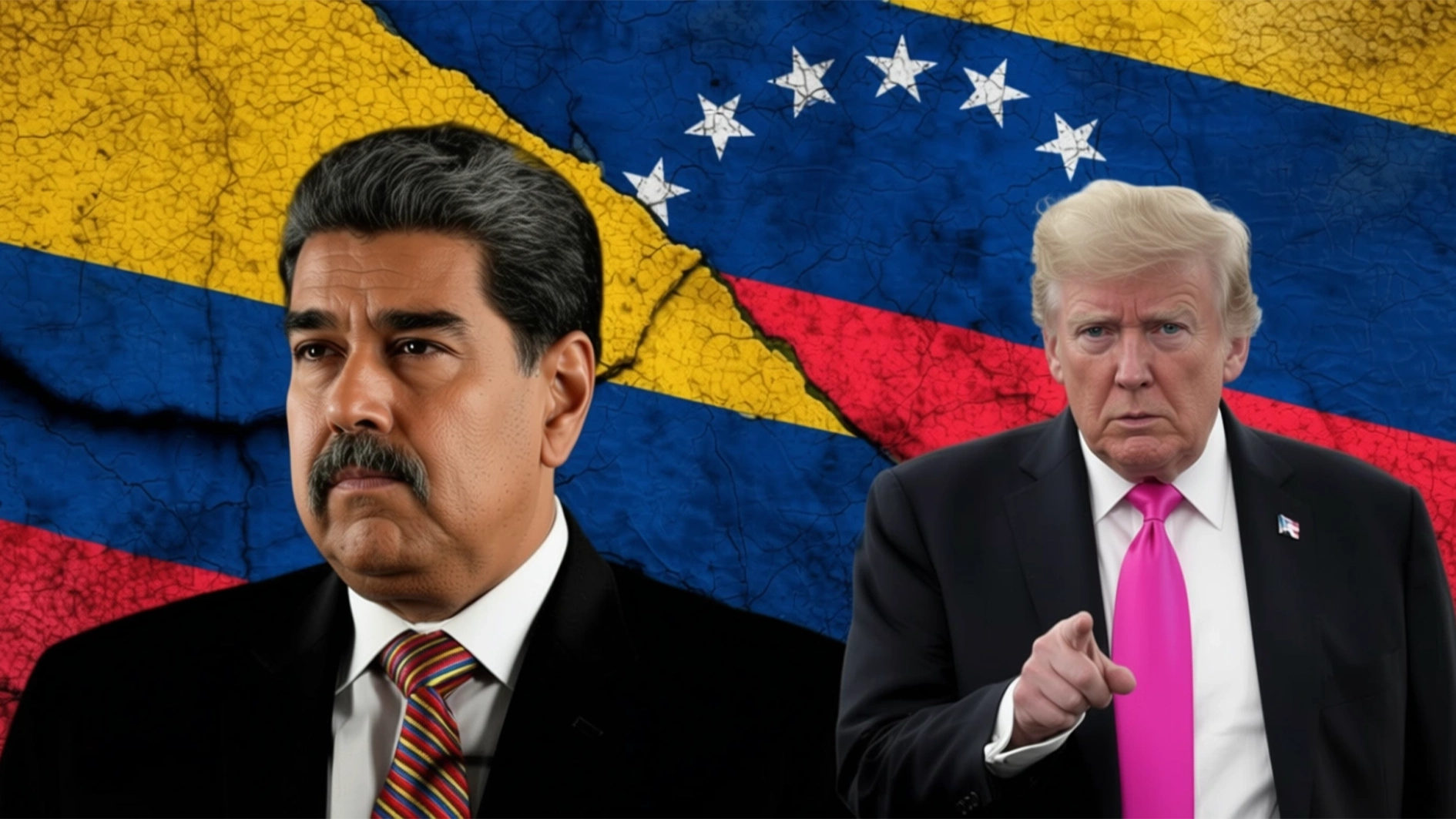In a field where innovation is often loud, Samson Edozie’s most impressive achievement may be how quietly his work has transformed financial access across Africa.
From his early years building fraud detection models at Deloitte, Samson stood out for a rare ability to connect algorithms to human realities. By the time he joined KPMG in 2014, he had already carved out a niche—using machine learning to solve problems that many in the formal financial system hadn’t yet learned to ask.
He spent five years refining that mission: mapping out financially excluded communities, deploying predictive analytics for rural loan schemes, and helping teams move from traditional segmentation to behaviour-driven inclusion. His models informed the expansion strategies of agent networks and mobile-first credit schemes across Nigeria’s middle belt and southeast.
At PwC, where he served from 2019 to 2021, the work matured. He led teams building AI-powered risk engines and natural language tools that could process regulatory documents at scale. But his signature remained the same: practical data, applied responsibly.
Over the course of his career, more than 500,000 individuals gained access to digital financial tools through projects he either built or directly influenced. Smallholder farmers in Nasarawa, widowed traders in Abia, young welders in Kano—all invisible on traditional scorecards, now seen clearly through behavioral lenses.
That impact didn’t stay confined to Nigeria.
In Ghana, similar data models are now being used in partnership with the Ministry of Finance to underwrite youth entrepreneurship loans (source). Rwanda’s blockchain-based rural banking pilot adopted a trust-layer system closely resembling a framework Samson helped test in Kaduna (source). Kenya’s MFI labs have begun embedding behavioral insights into their own mobile lending models (source).
None of these regional moves name him outright. But when you speak to analysts behind those systems, his work is part of the blueprint they studied.
To understand his mindset, we asked Samson what drives his persistent focus on underserved populations.
After years working with leading financial institutions, what keeps you committed to financial inclusion?
Samson said: “Because I see myself in the data. I grew up around people who ran honest businesses but didn’t have the documents to prove they were trustworthy. I’ve always believed data can be a form of justice if it’s used right.”
We also asked him what’s the most overlooked lesson you’ve learned building models in emerging markets?
He said: “That simplicity is underrated. The best models aren’t always the most complex—they’re the ones users and lenders can trust and act on. Trust is the real infrastructure.”
Colleagues close to him say he’s never chased recognition. “He doesn’t chase titles,” said one former collaborator. “He builds ecosystems.”
As Africa’s financial data landscape enters its next phase—one defined by privacy, precision, and decentralisation—his influence is already baked into the foundation.






